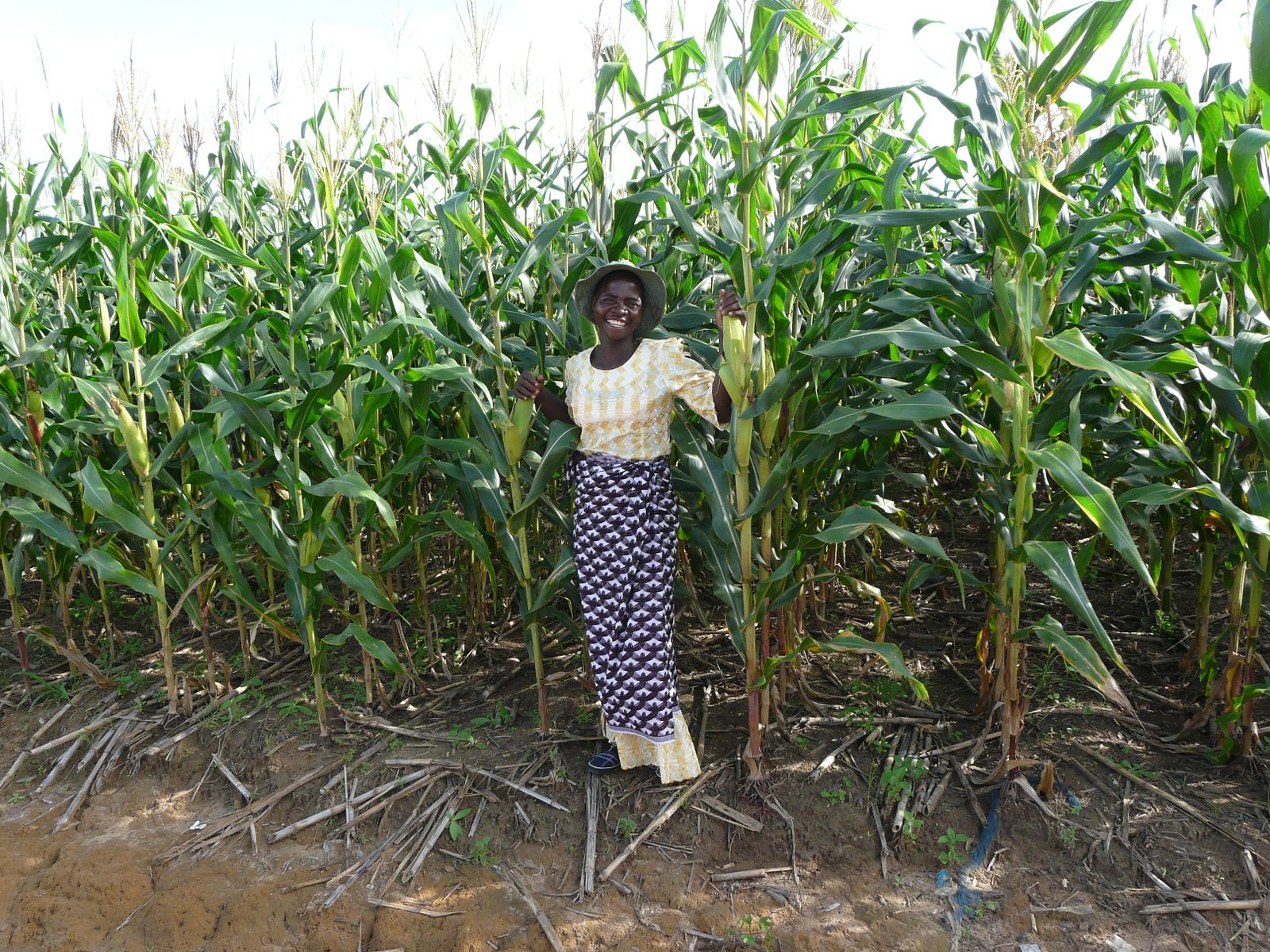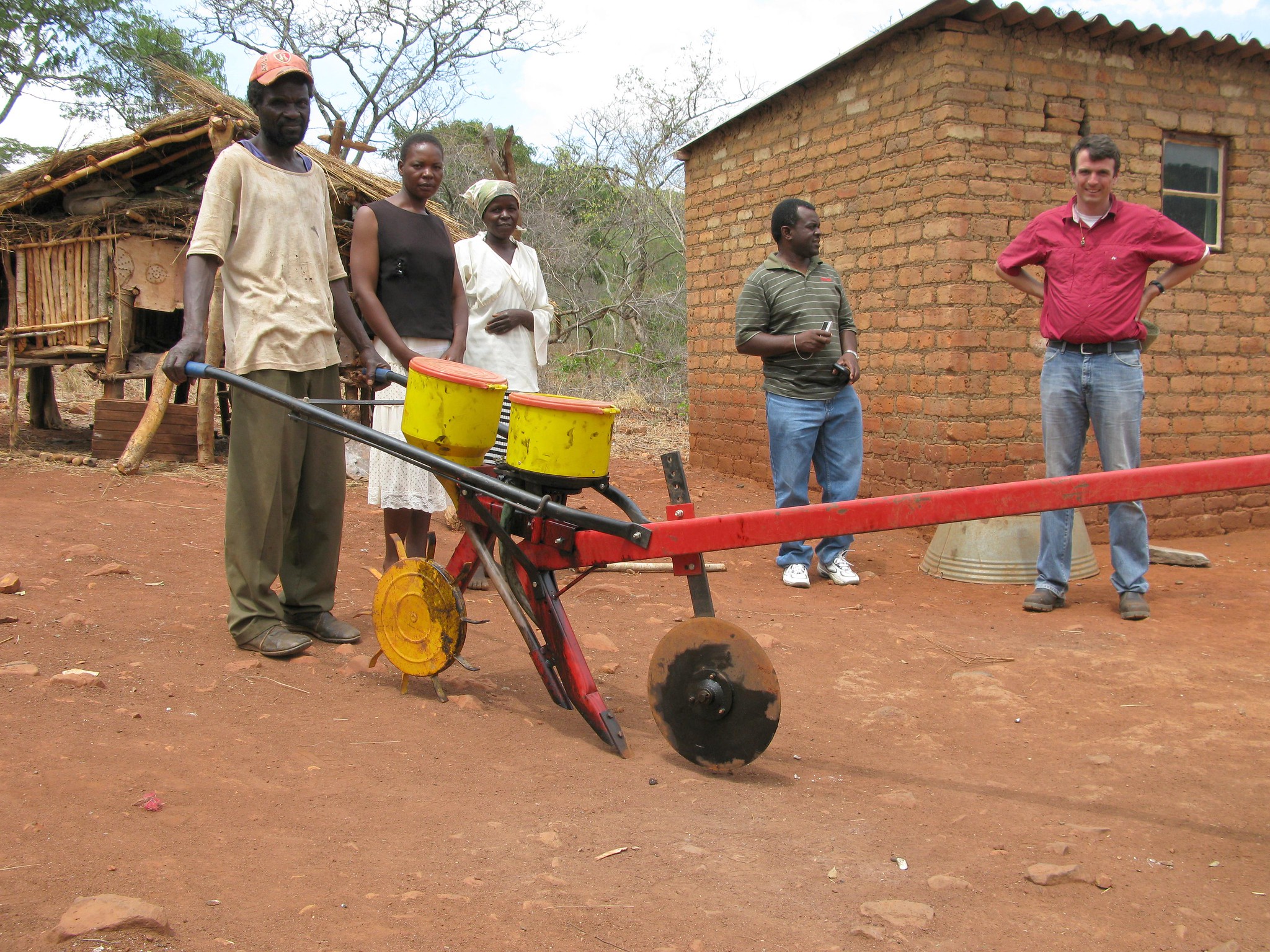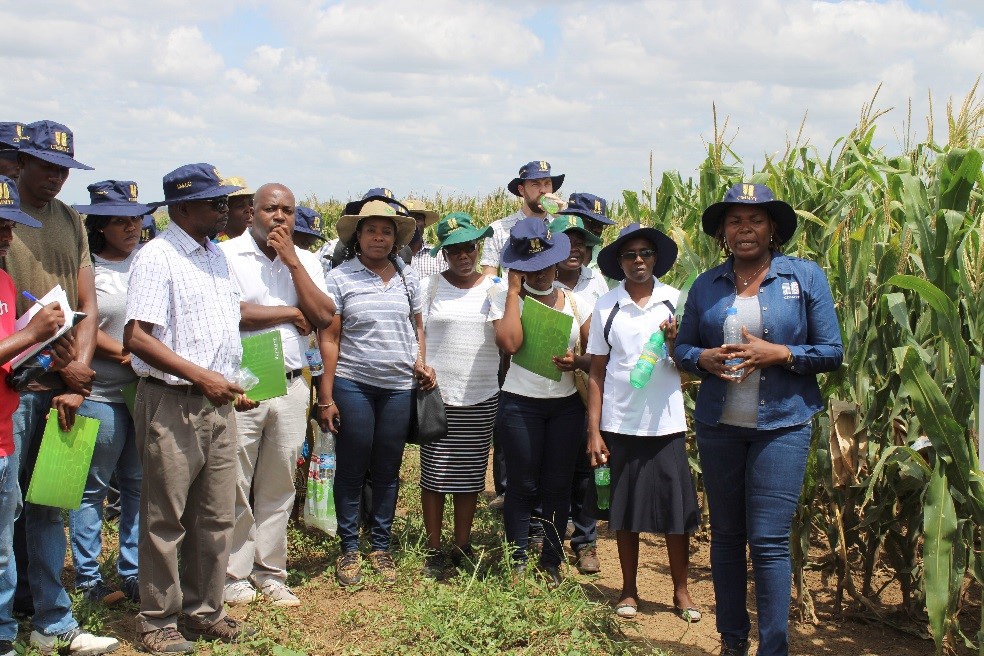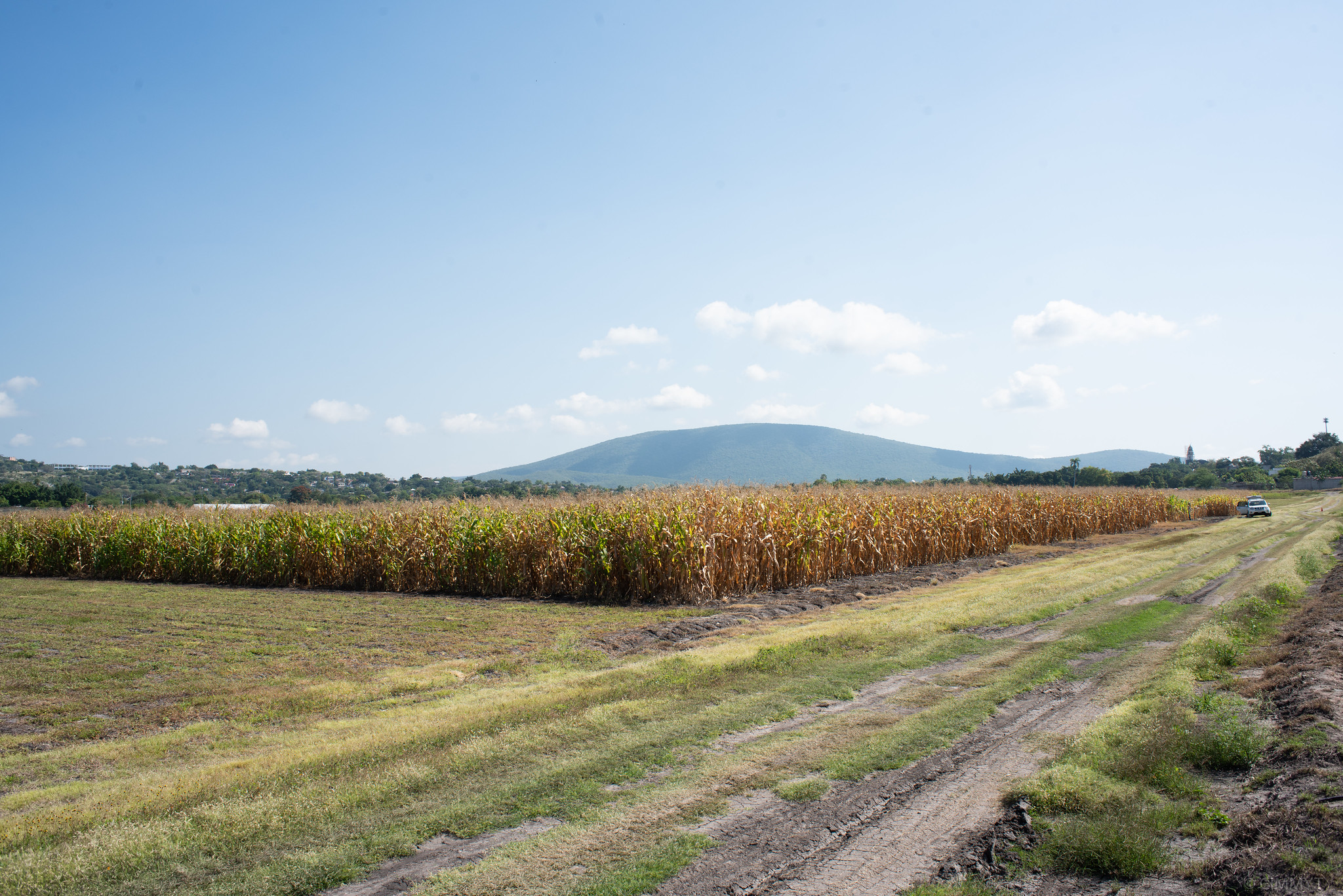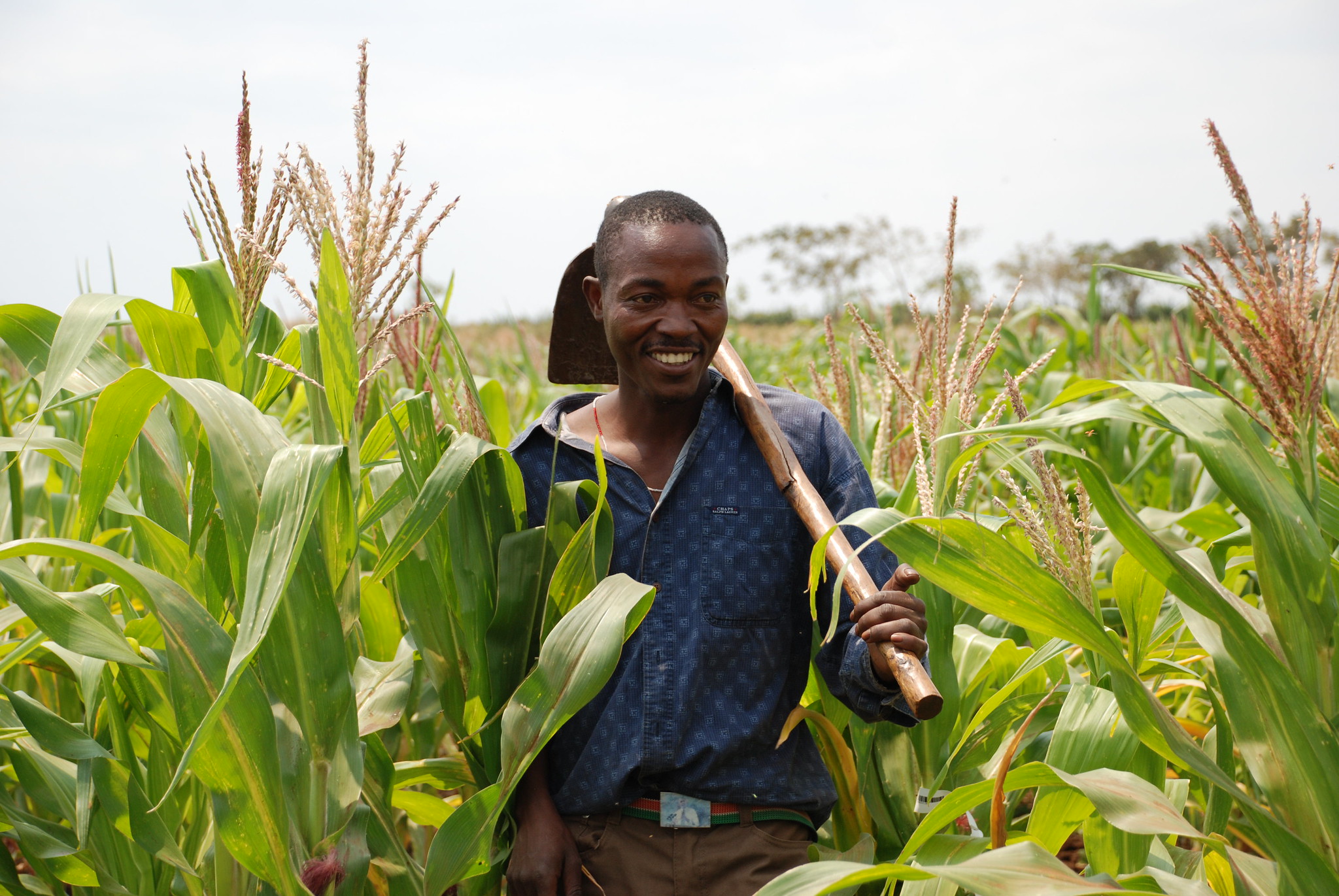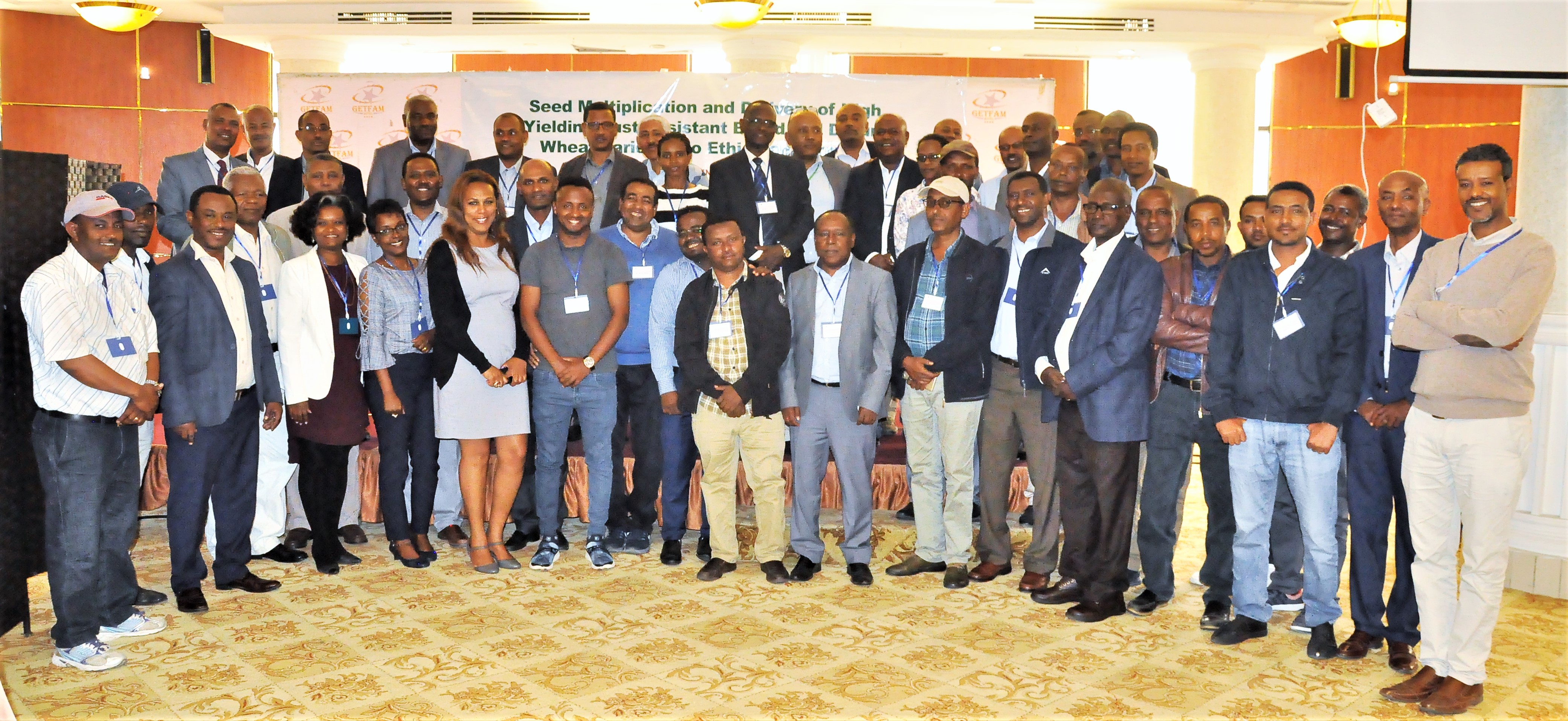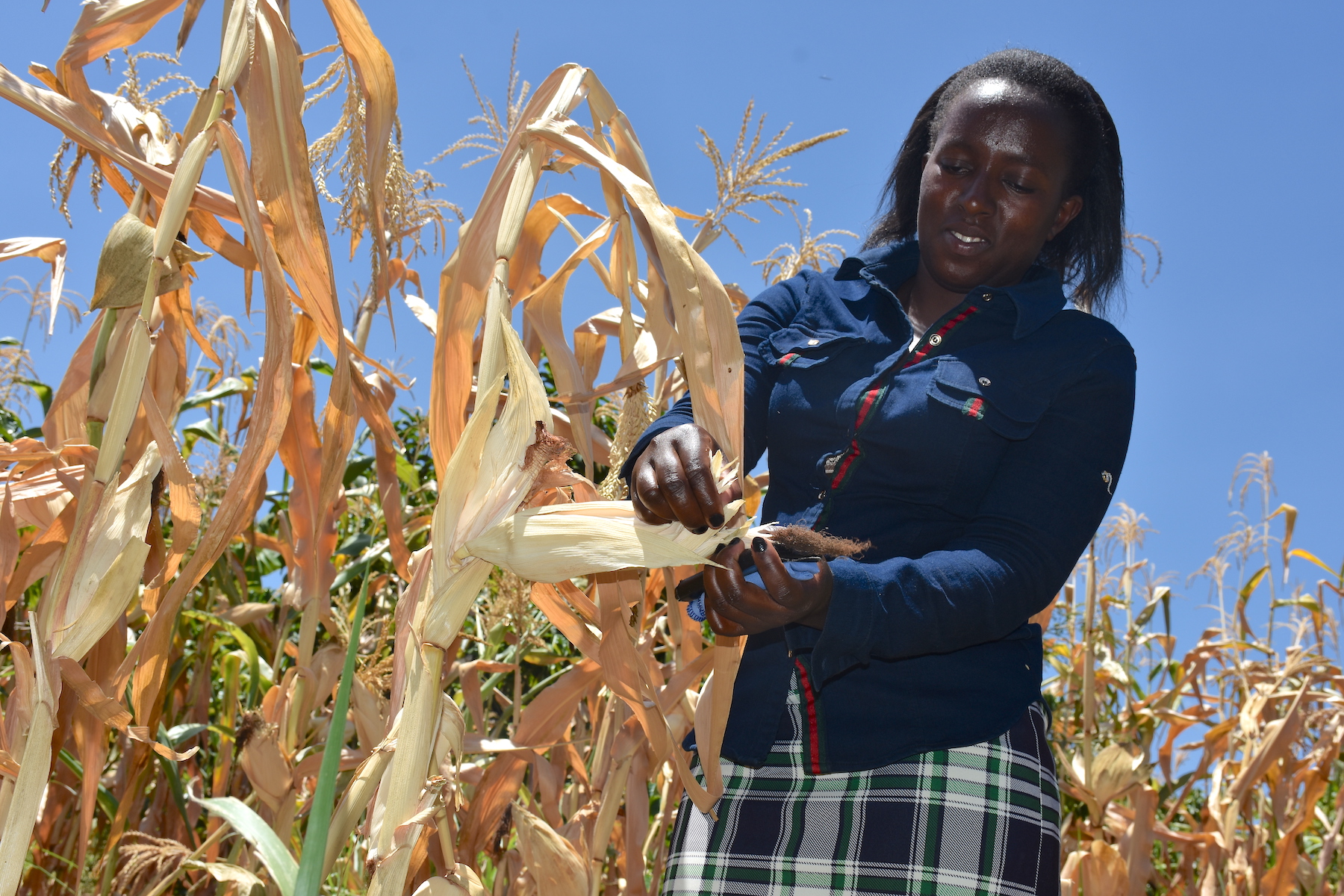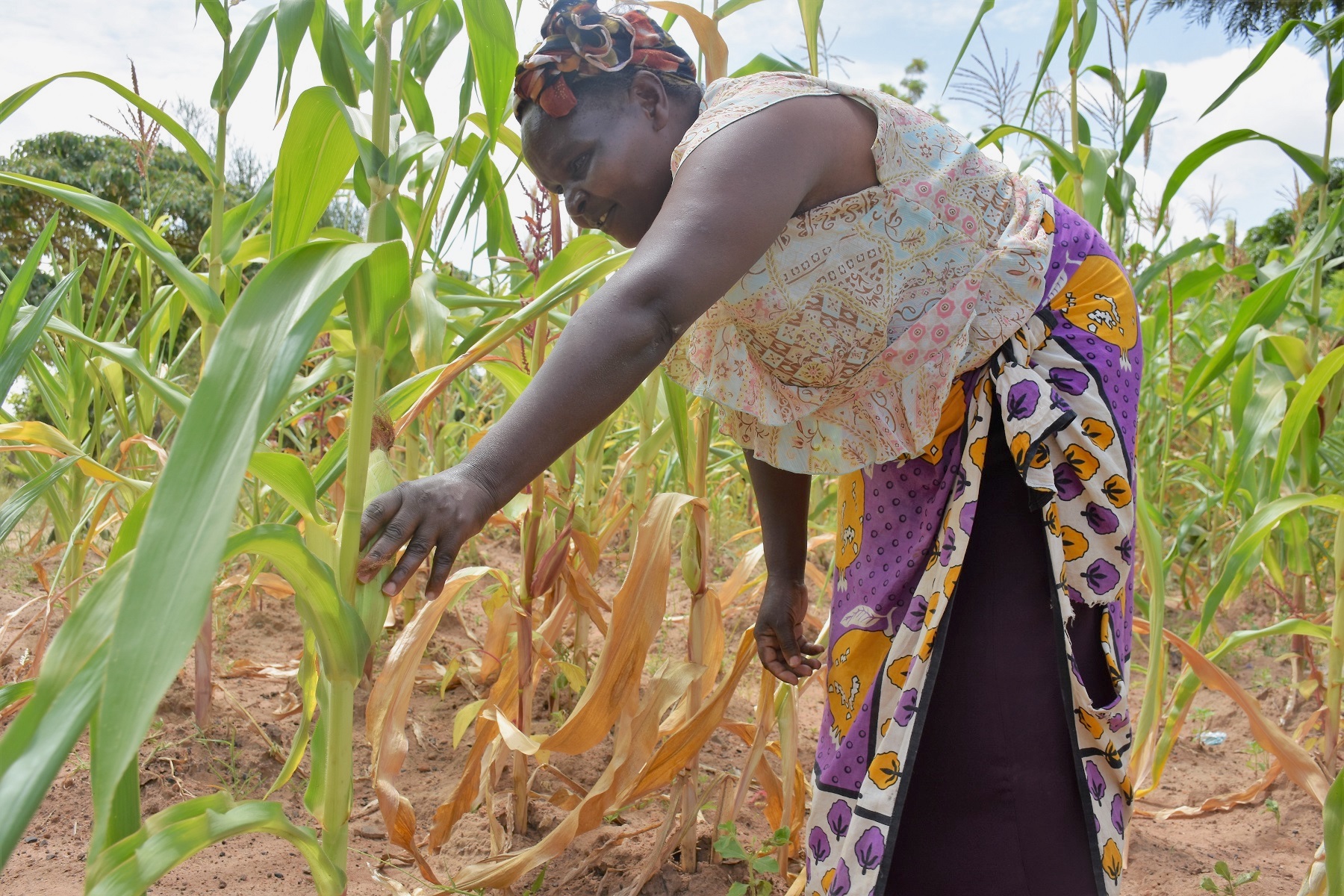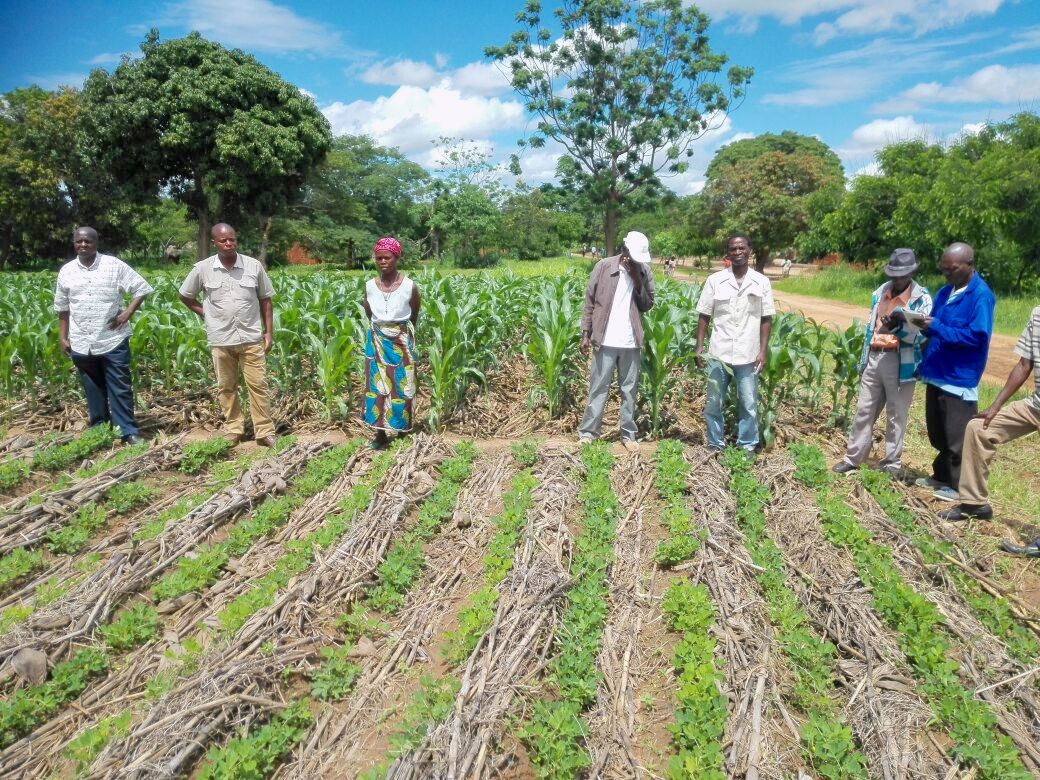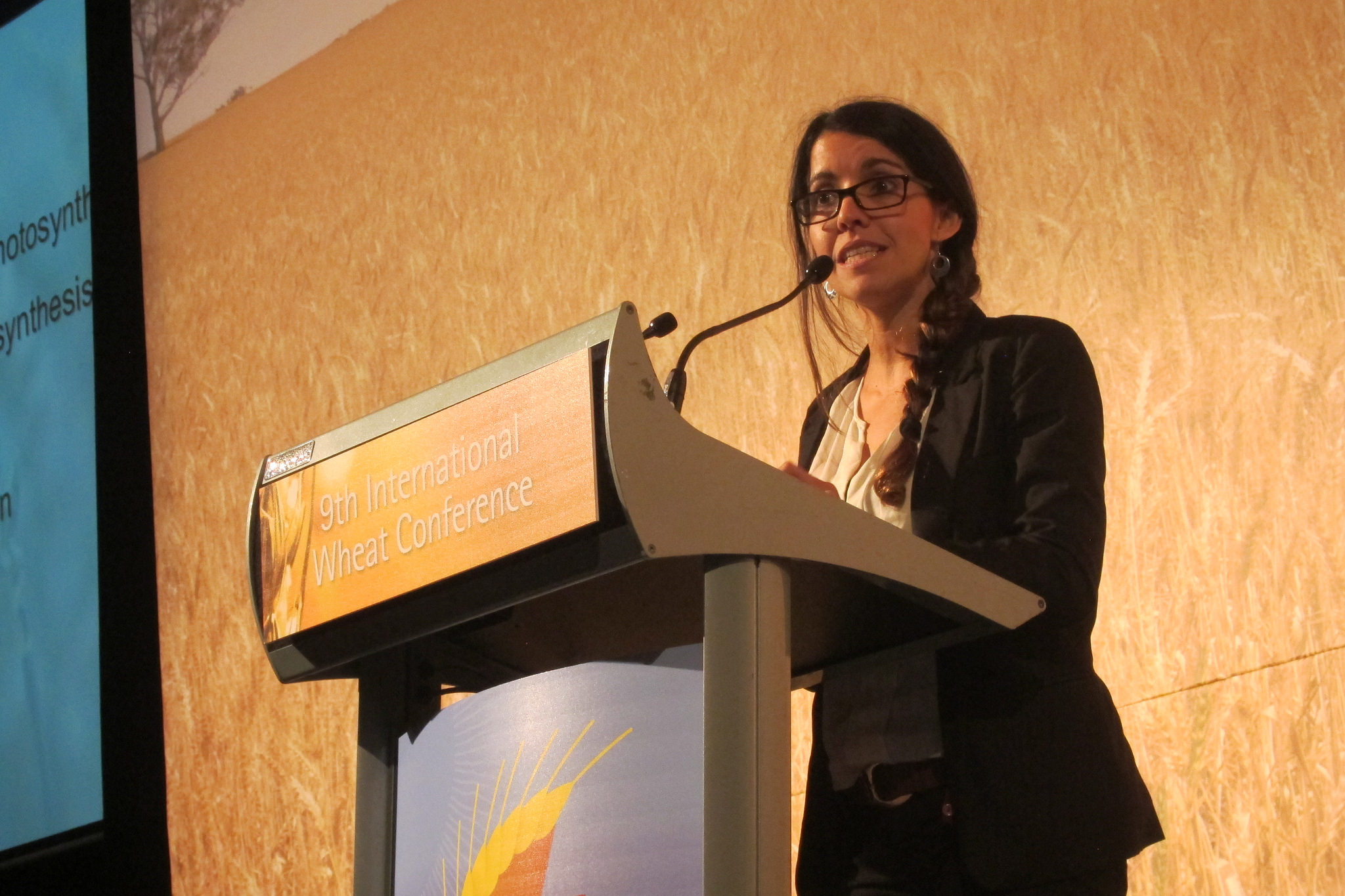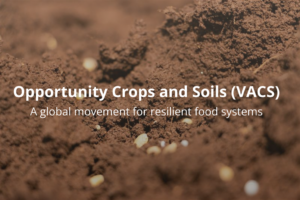Capacity development
CIMMYT training courses play a critical role in helping international researchers meet national food security and resource conservation goals. By sharing knowledge to build communities of agricultural knowledge in less developed countries, CIMMYT empowers researchers to aid farmers. In turn, these farmers help ensure sustainable food security. In contrast to formal academic training in plant breeding and agronomy, CIMMYT training activities are hands-on and highly specialized. Trainees from Africa, Asia and Latin America benefit from the data assembled and handled in a global research program. Alumni of CIMMYT courses often become a significant force for agricultural change in their countries.
What’s new in southern Africa?
 Capacity development
Capacity development
From smart mechanization to nutritious and drought tolerant seeds, partners discover CIMMYT’s latest research and innovations.
Ethiopia calls for continued collaboration to increase wheat production and meet nutritional and food security
 Capacity development
Capacity development
CIMMYT and EIAR officially closed a wheat seed scaling project that benefitted 131,132 households.
Exploring young Africans’ role and engagement in the rural economy
 Capacity development
Capacity development
How important is farming relative to non-farm activities for the income of young rural Africans?
Drought-tolerant hybrid seed offers farmers reprieve from hunger
 Capacity development
Capacity development
Farmers are reaping the benefits of SAWA hybrid, an improved maize seed variety designed to withstand drought conditions.
Policy forum in Mozambique recommends scaling sustainable agriculture practices
 Capacity development
Capacity development
Unsustainable farming practices like monocropping are impacting soil health and reducing the productivity of farms.
Women’s equality crucial for Ethiopia’s agricultural productivity
 Capacity development
Capacity development
Source: The Reporter (16 Feb 2019)
A new report shows that gender inequality in Ethiopia is hampering efforts to reach the government’s goal of wheat self-sufficiency by 2022.
Meet the role models for the next generation of women and girls in science
 Capacity development
Capacity development
Abdul Fatah, Khanal and Molero are helping pave the way for the next generation of female scientists.

